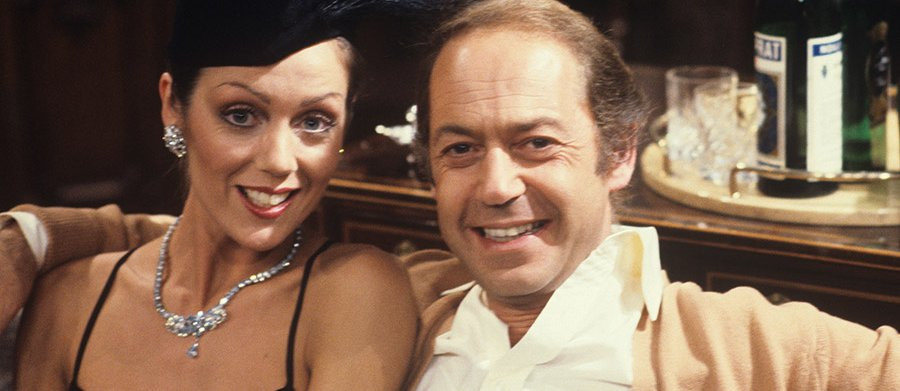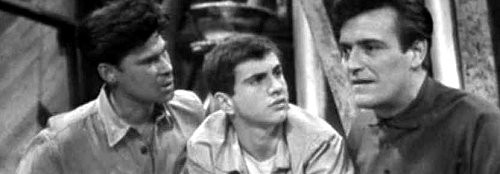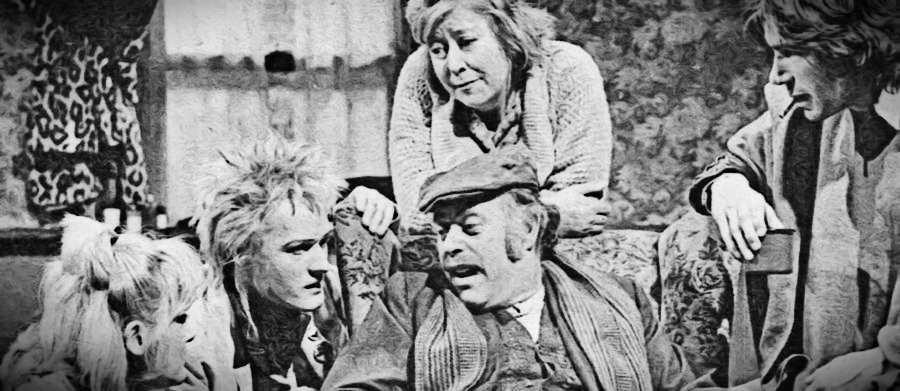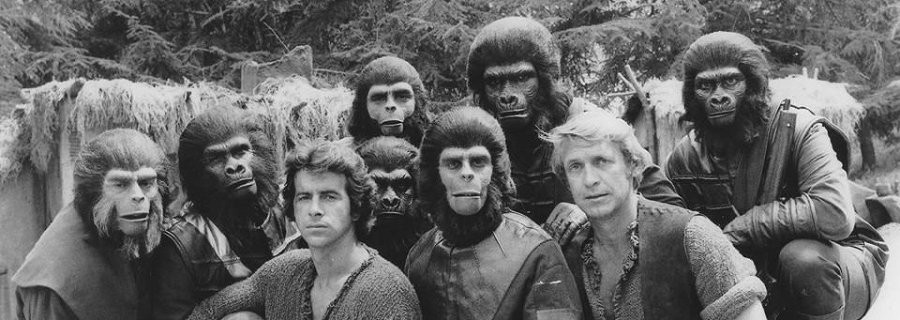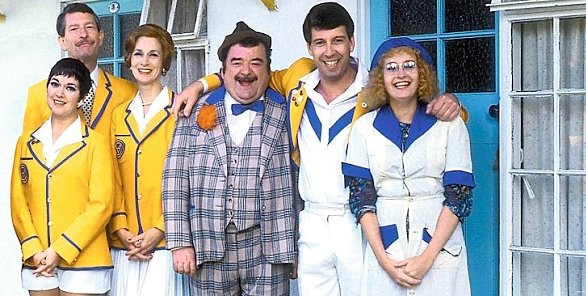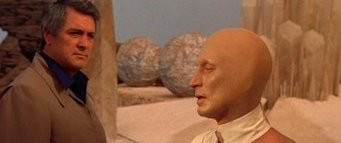
The Martian Chronicles
1980 - United StatesWith the popularity of the television mini-series format booming in late 1970s America, it was perhaps inevitable that science fiction, long a staple of literature but less frequently explored in serious US TV drama, would become the next frontier. NBC, clearly recognising this untapped potential, took on the ambitious task of adapting two iconic works of speculative fiction: Brave New World and The Martian Chronicles. The latter, based on Ray Bradbury’s 1950 novel (The Silver Locusts in the UK), emerged in early 1980 as a three-part event, scripted by celebrated genre writer Richard Matheson.
The series tells the story of mankind’s colonisation of Mars, though the title is a subtle irony - the “Martians” are not the planet’s original inhabitants, but the human colonisers themselves, arriving in gleaming silver rockets that scar the crimson landscape and herald the erasure of a once-beautiful and enigmatic alien civilisation. Bradbury’s original novel is not a linear narrative but a collection of loosely connected vignettes and philosophical musings on human frailty, ambition, and imperialism. Matheson’s adaptation necessarily attempts to bind these into a more cohesive narrative thread, and it’s here that certain creative compromises become evident.
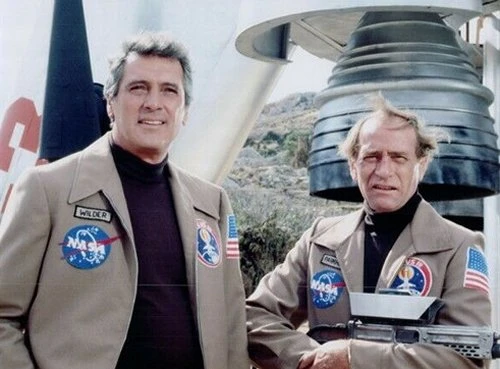
The central figure in the television version is Colonel Wilder, played with stoic resolve by Rock Hudson. In Bradbury’s book, Wilder was a more peripheral figure who met his end off-world; in the series, however, he’s promoted to narrative anchor—a decision likely made to provide viewers with a consistent emotional through-line. Hudson’s performance, though earnest, often feels too grounded for the more poetic and metaphysical themes the story seeks to explore.
Visually, The Martian Chronicles is a product of its time. The production design, though clearly constrained by budget, makes a valiant effort to render Bradbury’s Mars as something distinct and dreamlike. The Martian architecture, mist-shrouded deserts, and glowing skies evoke a sense of the surreal, but never quite achieve the haunting beauty or melancholy wonder of the source material. The series' special effects, serviceable in 1980, now appear charmingly outdated, though they possess a certain nostalgic charm for those attuned to the aesthetics of early science fiction television.
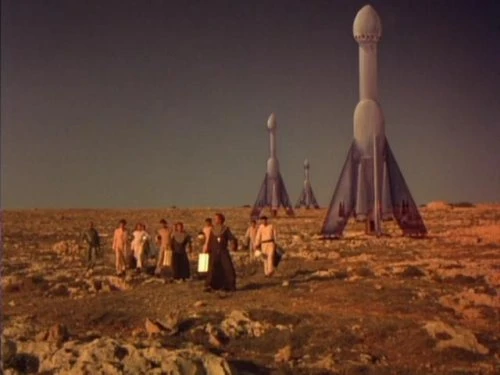
Despite these shortcomings, the series was reasonably well received by both audiences and critics upon its eventual broadcast in January 1980 (delayed from its original September 1979 slot due to internal wrangling at NBC). Viewers praised its ambitious scope and thoughtful tone, though it failed to ignite a wave of sci-fi programming. It wasn’t until V landed in the mid-1980s that television networks dared to once again invest heavily in the genre.
In hindsight, The Martian Chronicles stands as a bold, if imperfect, attempt to bring literary science fiction to the screen. It tackled weighty themes — colonialism, loss, the folly of human arrogance - with a level of seriousness rare in television at the time. For fans of Bradbury’s work, it may not fully capture the poetic subtlety of the novel, but as a television event, it remains a noteworthy and often overlooked chapter in the history of televised science fiction.
Seen this show? How do you rate it?
Seen this show? How do you rate it?
Published on May 6th, 2025. Written by Laurence Marcus for Television Heaven.



